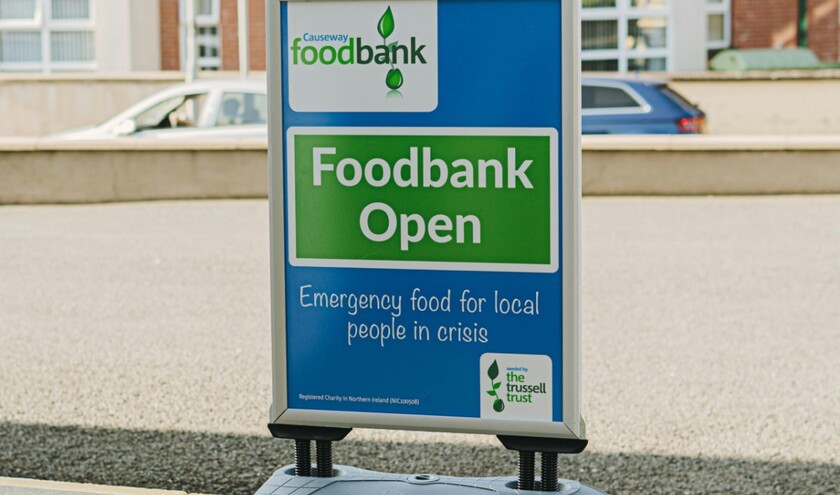A study by charity The Trussell Trust, called Hunger in the UK, reveals 16% of households are going without enough food because they cannot afford it. This is a significant increase compared to the charity's first round of research in 2022, when it found 14% of households, or 11.6 million people, were facing hunger in the UK.
The research reveals young children are particularly badly affected, with 31% of children under five growing up in a food insecure household. Disabled people are disproportionately impacted too, with 27% of disabled people experiencing food insecurity, and 74% of people referred to Trussell Trust food are disabled.
The data shows 30% of people referred to Trussell Trust food banks are in working households - up from 24% in 2022.
In addition, the research reveals 52% of people receiving Universal Credit experienced hunger in the past year, and 23% had to access a food bank or other charitable food provision.
The charity says the UK government's forthcoming Child Poverty Strategy is a ‘golden opportunity' to reduce the number of children facing hunger and living in severe hardship.
The Trussell Trust said: ‘There are sensible funding proposals and routes to maintain fiscal credibility while still delivering ambitious changes to turn the tide on hunger, including much needed updates to our social security system. We must also remember that severe hardship in the UK is costing our public services, the economy, and the public purse to the tune of over £75bn a year.'
The charity added: ‘Going without food and other essentials should not be a routine part of life. The government must use the Child Poverty Strategy and Autumn Budget to go further with changes that people will feel before the end of this Parliament, and deliver on the promises made to voters on food banks, child poverty and living standards.'



